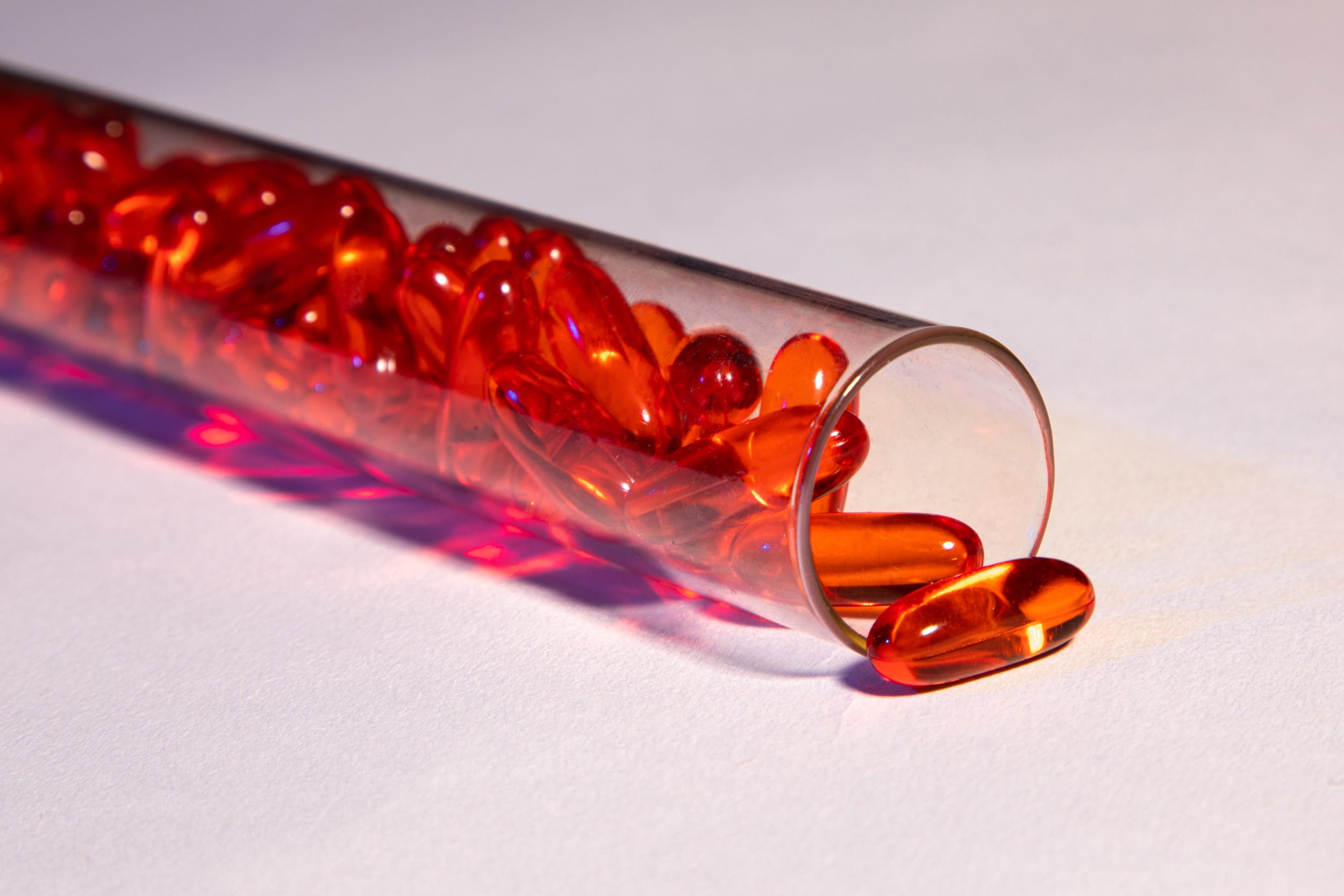
- New research found that patients with severe COVID-19 didn’t seem to benefit from taking a large dose of vitamin D.
- That’s contrary to previous studies suggesting vitamin D could help reduce the severity of coronavirus cases or prevent infection.
- More research is needed to see whether patients may benefit more if they’re lacking in the nutrient, or if early treatment with vitamin D can prevent complications of the coronavirus.
- Visit Business Insider’s homepage for more stories.
There’s growing evidence that vitamin D could play an important role in preventing coronavirus infections or improving outcomes for patients.
But a new study found that a large dose of the nutrient didn’t appear to reduce the severity of the disease, contrary to what previous studies have suggested.
The study was shared online as a preprint November 17, and has not yet been peer-reviewed or published in a medical journal.
Researchers from the University of Sao Paolo, Brazil, looked at 240 Brazilian patients hospitalized with severe COVID-19 between June and October. Half the patients were randomly assigned to receive a single large dose of 200,000 IU of vitamin D3; the other half received a placebo.
The dose in this study, 200,000 IU, is 500 times the recommended daily amount of vitamin D, significantly more than most people would take on a regular basis.
They found that patients who received vitamin D didn't seem to show any improvements. They spent the same amount of time in the hospital, on average, compared to the placebo group, and were just as likely to need intensive care, ventilator treatment, or die of their illness.
That suggests vitamin D may not be an effective treatment for severe coronavirus, according to the researchers.
These findings contrast with previous evidence linking vitamin D deficiency to worse coronavirus outcomes
Previous research found a link between a lack of vitamin D and a higher risk of being infected with the coronavirus, having a severe case of COVID-19, or dying from the disease. Those studies, however, only observed the outcomes, so they weren't able to determine whether vitamin D directly caused better outcomes. But they did lead scientists to theorize that making sure patients had enough vitamin D might help improve their ability to fight off infection.
This latest study is the first double-blind randomized controlled trial (considered the gold standard for this kind of research) to test if vitamin D can help COVID-19 patients.
The findings complicate previous theories. By supplementing vitamin D, researchers were able to make sure patients had enough of the nutrient in their blood. But contrary to the theory, that didn't seem to help treat coronavirus.
More research is needed to understand who might benefit
There are several limitations to the study, however.
First, all the patients included in the study had already developed severe cases of coronavirus. Several previous studies have found vitamin D might be effective if it's given to patient early, before the illness worsens. A small study published in October found that coronavirus patients who were given a highly potent form of vitamin D were significantly less likely to need intensive care, and none of them died.
A study published in September found that patients with sufficient vitamin D were significantly less likely to face dangerous complications of the virus, such as difficulty breathing or unconsciousness. And another small study found people with a vitamin D deficiency were twice as likely to be infected in the first place.
These suggest that the timing of vitamin D treatment could be an important factor in whether patients can benefit.
Another limitation of the latest study is that patients, who were hospitalized in subtropical Brazil, were less prone to having vitamin D deficiency in the first place. If fewer of them were lacking in the nutrient, that could limit the benefits to supplementing it, the researchers said.
Finally, the study also included patients who also had health problems, including diabetes, high blood pressure, and asthma. Some of them were taking medications for those illnesses. All of those factors could have influenced the outcomes of the study.
All of this means there's no reason to write off the benefits of Vitamin D just yet. More research could help determine whether some people might still benefit from supplementing the nutrient.
Supplementing vitamin D doesn't hurt
This latest study also found that giving patients vitamin D, even in a very large dose, didn't have any negative side effects.
Researchers found that of the 120 patients who received the massive 200,000 IU dose, only one had a bad reaction, which was mild and short-term (vomiting after the dose).
That's contrary to a previous finding that high doses are dangerous for health. Existing evidence suggests that vitamin D is safe to supplement, and although extremely large, daily doses for months at a time may cause problems, that's an extremely rare occurrence.
Dr. Gareth Davies, a medical researcher who's among a group of scientists that have been investigating the role of vitamin D in COVID-19 prevention for months, suggests most people could benefit from taking as much as 4,000 IU of vitamin D daily to keep their immune systems healthy.
Read more:
UK scientists are pushing to get Vitamin D added to bread and milk to fight COVID-19. Here's why.
